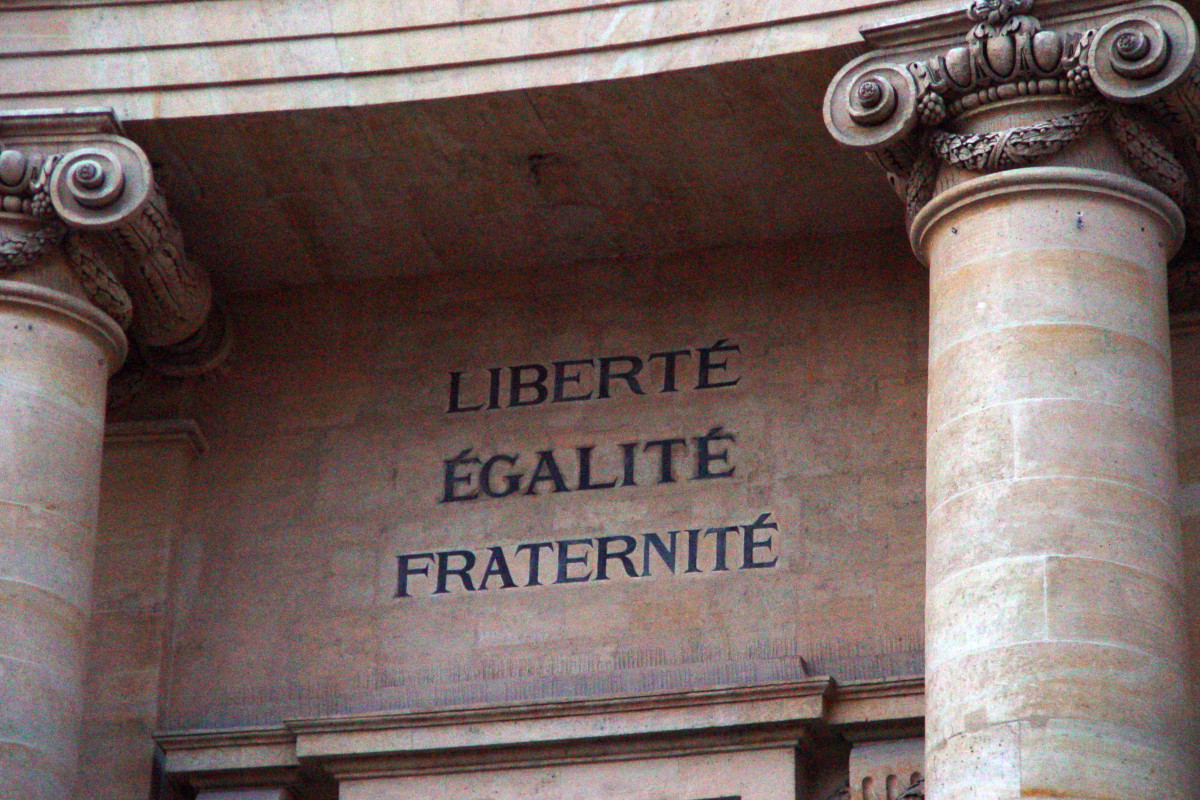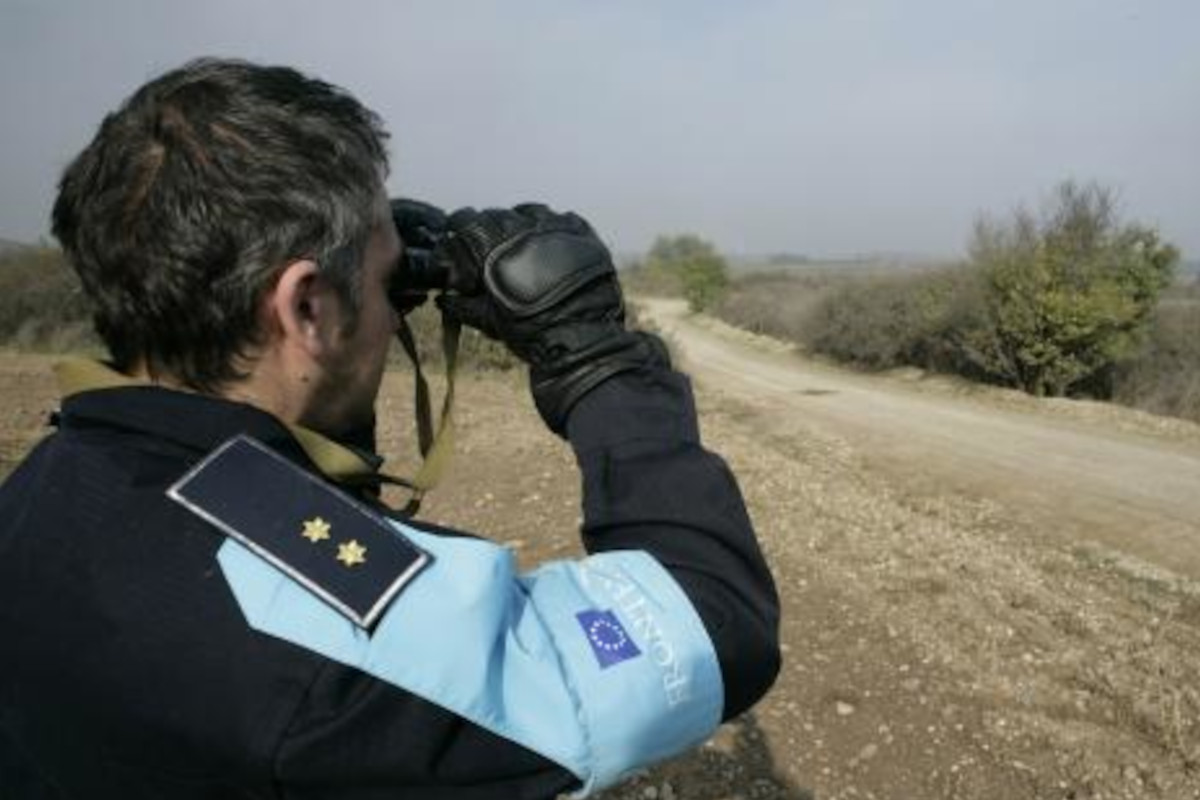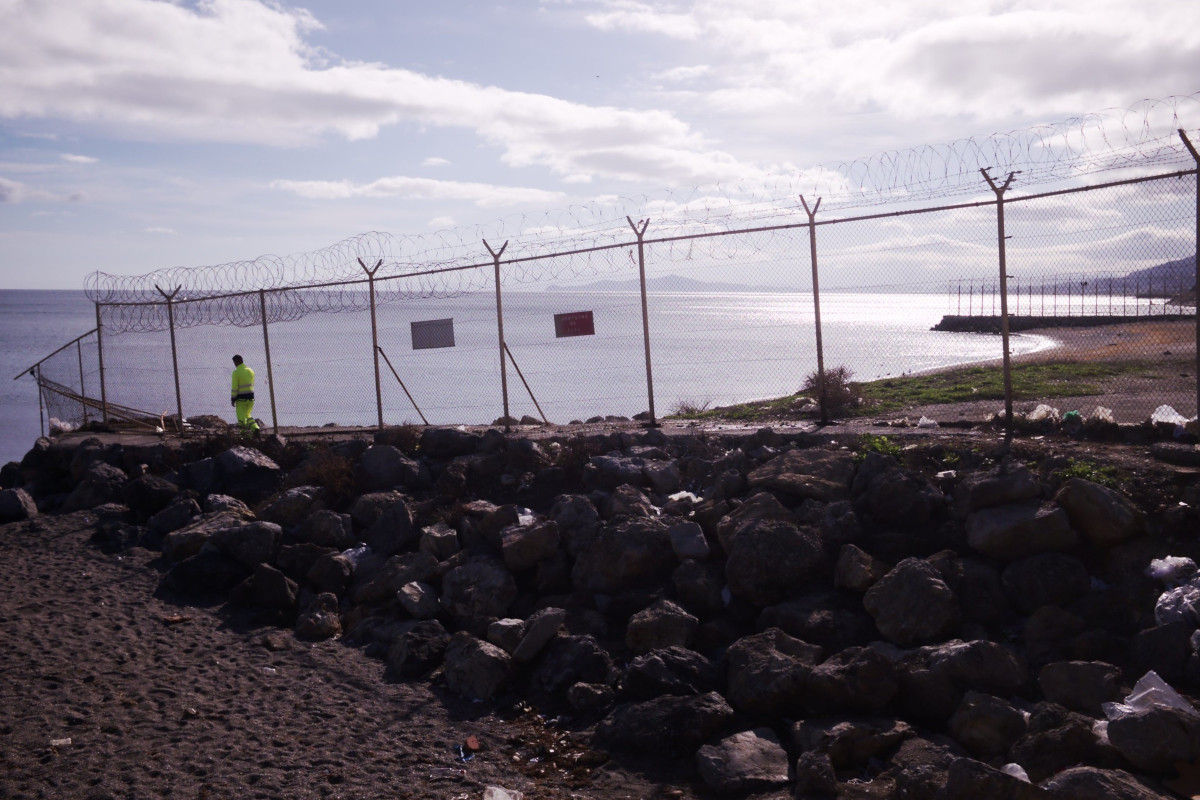EU counter-terror shopping list: sanctions against “radical rhetoric”, intelligence agencies in asylum proceedings
Topic
Country/Region
27 April 2022
The Council of the EU is moving ahead with plans to allow the use of financial sanctions against "individual or entities promoting radicalisation and violent extremism that may lead to terrorism" within the EU, as part of wide-ranging conclusions on counter-terrorism that seek to promote cooperation between asylum authorities and intelligence agencies, and reassert the need for mass data retention and action against encryption.
Support our work: become a Friend of Statewatch from as little as £1/€1 per month.

Activities “that may lead to terrorism”
The draft conclusions (pdf), entitled 'Protecting Europeans from terrorism: achievements and next steps' were circulated amongst national delegations in the Council on 11 April, with a view to discussion in the Terrorism Working Party last week, on 20 April.
The text circulated on 11 April includes an invitation to the European Commission to "explore the possibilities offered by the existing European legal framework to limit the financial resources of individuals or entities promoting radicalisation and violent extremism that may lead to terrorism, and consider any useful amendments to this framework," a step forward for plans that initially referred to "radical rhetoric".
The French Presidency's initial discussion paper on the topic listed measures against "propaganda leading to terrorism,” asset freezing and EU-wide bans (presumably on organisations) as potential ways "to hinder the activity of such entities or individuals in a coordinated manner." As previously noted by Statewatch, the French government has worrying form in this area, and has been accused of “a full-blown ‘Islamophobic witch-hunt’” with measures taken at national level in recent years.
As well as calling for an examination of how to “limit the financial resources” of targeted entities, the draft conclusions call on the Commission to consider "legal developments allowing mutual recognition of entry bans on terrorist suspects in all Member States, which may include a process for mutual consultation about the underlying reasons or issuing an entry ban."
The text goes on to invite member states to issue “national entry bans on third-country nationals who, based on information such as judicial convictions or statements of the security and intelligence services, constitute a serious and reasonable threat to national security and/or public order”.
It also calls on member states to issue entry bans against “foreign terrorist fighters, despite the absence of direct links but provided it is in the interest of national security between the issuing Member State and the individual concerned.”
It should be noted that coordinating the activities of national security and intelligence agencies is beyond the remit of EU law: “national security remains the sole responsibility of each Member State,” according to the Treaty on European Union, while the Treaty on the Functioning of the European Union refers to “the responsibilities incumbent upon Member States with regard to the maintenance of law and order and the safeguarding of internal security.”
Intelligence agencies and asylum seekers
The draft conclusions also feature another attempt to direct – or at least influence – the activities of national security and intelligence agencies.
The preamble refers to “the need for counter-terrorism authorities to obtain more administrative information on the state of progress of applications for international protection submitted by individuals posing a terrorist or violent extremist threat,” so that the authorities are able to “better adapt the administrative or judicial measures and operational measures aimed at these persons.”
It goes on to note “the usefulness of enhancing the dialogue” between immigration and asylum and counter-terrorism authorities both within and between EU and Schengen states as regards “the timing and state of progress of applications for international protection lodged by such individuals”.
Member states are invited to “encourage cooperation at national and European level between immigration and asylum authorities and counter-terrorism services authorities, in accordance with their respective competences and respecting that national security remains the sole responsibility of each Member State.”
The draft text also calls on the members to continue discussing “how to improve exchanges of information on the timing and state of progress of applications for international protection to counter-terrorism authorities, limited to those posing a terrorist threat, on a case-by-case basis and respecting fundamental rights.”
Promoting mass surveillance, attacking encryption
The preamble to the draft text refers to conclusions approved by the European Council (pdf) in December 2020 that “[stressed] the need to advance work on the retention of data necessary to combat serious crime.”
The text circulated on 11 April is more specific and refers to “connection data”, before going on to emphasise “in general that access to digital information and evidence has become essential” for counter-terrorism work, and thus “access to digital information, including encrypted data, therefore needs to be addressed”.
Facilitating the use of “artificial intelligence (AI) technologies… including in the processing of mass data, particularly in the fight against serious crime, violent extremism and terrorism,” is also noted.
The conclusions subsequently invite the member states to “continue the exchanges with all stakeholders necessary for the establishment of a balanced framework for access to digital data, whether on the retention of connection data, access to encrypted content or the impact of new technologies such as artificial intelligence”.
There is not, as yet, any specific invitation to the European Commission, which would be responsible for drafting a new legislative proposal if such a measure was sought by the member states.
Documentation
- NOTE from: Presidency to: Delegations: Draft Council conclusions: "Protecting Europeans from terrorism: achievements and next steps" (Council doc. 7227/1/22 REV 1, LIMITE, 11 April 2022, pdf)
Further reading
- 24 March 2022: EU: Free speech under attack: French Presidency proposes action against “radical rhetoric”
- 22 March 2022: EU: Fine-tuning surveillance: proposal to enhance monitoring of “most dangerous” terrorists
- 4 November 2021: Policing the internet: interior ministers to seek "solutions regarding data retention, encryption, e-evidence and the darknet"
Image: Tilemahos Efthimiadis, CC BY 2.0
Our work is only possible with your support.
Become a Friend of Statewatch from as little as £1/€1 per month.
Spotted an error? If you've spotted a problem with this page, just click once to let us know.

